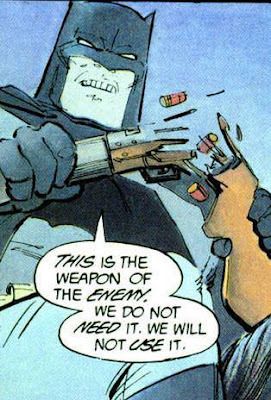One video I think everyone should watch – “What is America?” A lecture given in 1978 at the University of Chicago. The opening part is significant:
The title had to do with the question of whether America, by which I mean the United States of America, I mean our society, whether America is what it was. Whether America is the land of opportunity which produced over the past two hundred years the greatest freedom and prosperity for the widest range of people the world has ever seen. Whether it still is the land in which people of many races, many beliefs, many origins are free to cooperate together to achieve their separate objectives, while at the same time retaining a diversity of values and opinions. Is that still America? Or is America what it has seemed to be becoming these past few decades? Is America not what it has been, not the land of promise of the past two hundred years but is it instead a land of growing bureaucracy and diminishing freedom? Is it the land of squabbling groups seeking to control the political levers of power, of devisive tendencies that are producing not merely variety, not merely diversity, but open conflict? Is it becoming instead a land of ethnic separatism rather than the land of the melting pot?That’s what I intended by this question, and that is the theme of the whole series.
I believe the choice is still open to us, that we can still decide, you and I, our fellow citizens, which of these two directions we want to go in. Whether we want to return to the path that made this the great land of opportunity for millions and millions and millions of people, or whether instead we want to continue down the road toward a destruction of both liberty and prosperity.
I believe very deeply that we are nearing the point of no return, that we still have the choice, but that if we continue much longer along the road that we have been going, we no longer shall have the choice. That we shall degenerate into a society which will lose that spark of creativity that spark of independence and freedom that we have all loved in our country.
[youtube https://www.youtube.com/watch?v=fwDhx1XkXX0?rel=0]
Thirty-four years further down the path of growing bureaucracy and diminishing freedom, toward a destruction of both liberty and prosperity, toward ethnic separatism and open conflict, I personally think we’ve passed that point of no return, but I’d love to be proven wrong.
